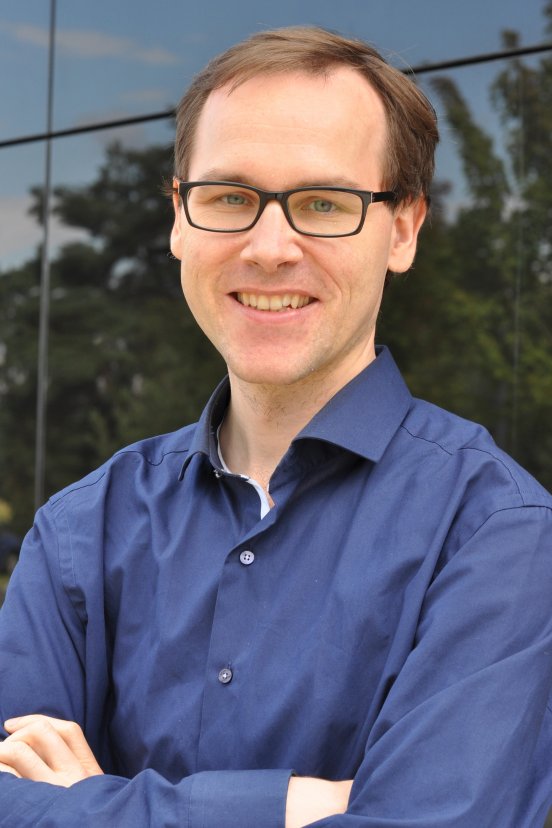
 Autour du thème des TIPE pour les concours 2020
Exposé 1
Exposé 2
Exposé 3
Exposé 4
Autour du thème des TIPE pour les concours 2020
Exposé 1
Exposé 2
Exposé 3
Exposé 4
 Autres années
Autour du thème des TIPE pour les concours 2019 - Transports
Autres années
Autour du thème des TIPE pour les concours 2019 - Transports

 Autour du thème des TIPE pour les concours 2020
Exposé 1
Exposé 2
Exposé 3
Exposé 4
Autour du thème des TIPE pour les concours 2020
Exposé 1
Exposé 2
Exposé 3
Exposé 4
 Autres années
Autour du thème des TIPE pour les concours 2019 - Transports
Autres années
Autour du thème des TIPE pour les concours 2019 - Transports
Florian Marquardt,
Max Planck Institute for the Science of Light and Friedrich-Alexander-Universität Erlangen-Nürnberg
Tuesday, October 5, 2021
5:15 p.m. — room Jaures (29 rue d’Ulm, 75005 Paris)
Machine learning using artificial neural networks is revolutionizing many areas of science and technology. This increases the urgency for exploring alternatives to artificial neural networks running on digital hardware. These alternatives might eventually be faster and/or more power-efficient. With this in mind, we ask the question whether one can identify a general principle that would enable a nonlinear physical system to become a self-learning machine - i.e. a physical information-processing device where internal degrees of freedom self-adjust by physical interactions to learn a desired input-output relation. In this talk, I will present our recent idea on how this might be achieved for arbitrary time-reversal-invariant Hamiltonian systems. I will introduce the principle of ’Hamiltonian Echo Backpropagation’, and demonstrate how efficient learning could be possible in a wide class of physical systems.
See : Self-learning Machines based on Hamiltonian Echo Backpropagation,
Victor Lopez-Pastor, Florian Marquardt, arXiv 2103.04992 (2021)

 RECRUTEMENT
RECRUTEMENT ACCES DIRECT
ACCES DIRECT
